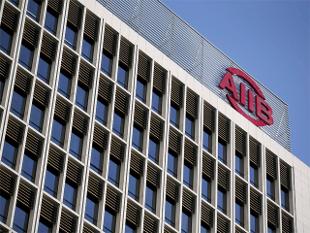The management of the long-awaited AIIB is now working “very seriously” on devising the first projects, and “I hope projects in Pakistan will be among them,” Finance Minister Mohammad Ishaq Dar told state-run China Daily.
“All the participants have contributed their best. Initially there was some skepticism, even criticism. But now that is all over,” he said.
Pakistan is among the 57 countries, who joined the Beijing based bank as founding members. Dar was here to attend the inaugural ceremony of the bank. Stating that the $46 billion China-Pakistan Economic Corridor, to be laid
Mutual consent is required in such cases. India has objected to the corridor project as it goes through the PoK region.
The corridor is expected to be funded by the $40 billion Silk Road fund set up by China.
With authorised capital of $100 billion and subscribed capital of $50 billion, AIIB will invest in sectors including energy, transportation, urban construction and logistics as well as education and healthcare.
China is the largest shareholder with 26.06 per cent voting shares.
Courtesy: The Economic Times

